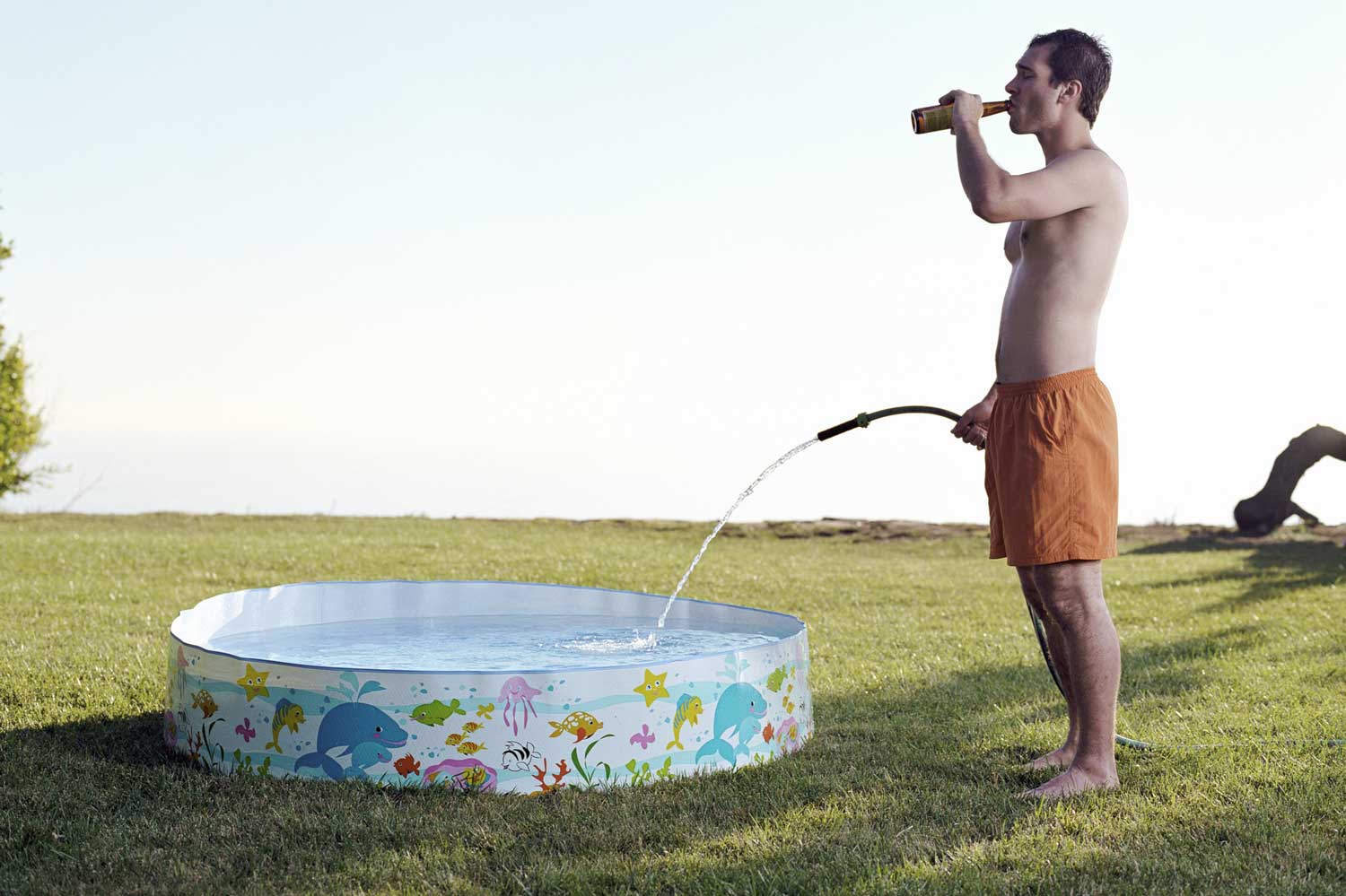
If you’re frolicking around in a swimming pool while your bladder suddenly sends signals, desperate for a leak, it would seem logical that the pool is now your bathroom. And what harm will it do? The chlorine should stop other swimmers from being showered in my urine. Unfortunately, we have bad news. skipping out on a restroom is doing you more harm than good.
Urine is comprised of multiple substances. However, it’s the uric acid and amino acid component that can cause a negative reaction with chlorine. The reaction creates trichloraminen (or nitrogen trichloride) and cyanogen chloride. In high doses, these can prove most harmful.
The level of concentration depends on a few factors: number of people peeing in the pool, how well it’s mixed, pool temperature and the last time the water was changed.
Both chemicals are extremely hard to measure however and most pools don’t have the equipment to check. Cyanogen chloride is the more dangerous of the two but it’s difficult to track how high the levels reach.
“[It’s] a very dynamic chemical. It forms very rapidly but it also decays very rapidly, and it’s quite volatile,” continues Blatchley.
The main side effects include respiratory problems and irritation. While concentration levels might not get high enough to be fatal, it’s definitely not something you want to breathe in.













